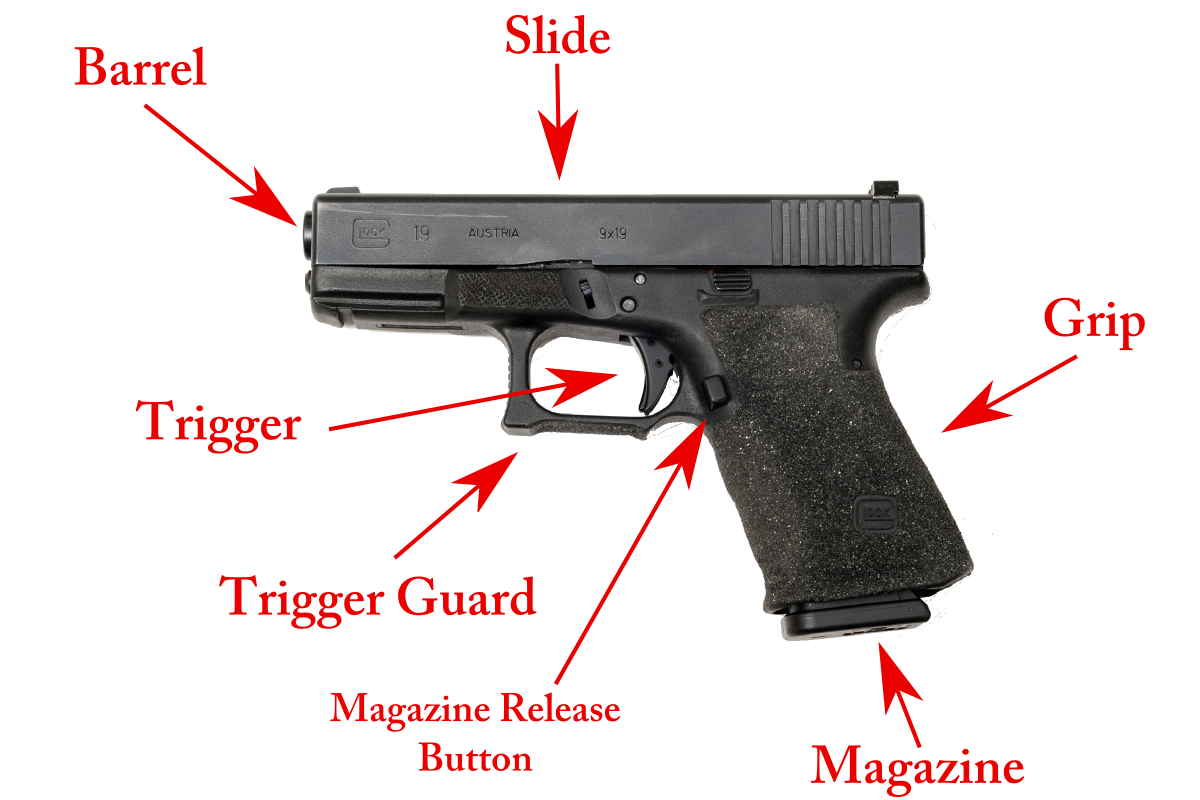In a world filled with uncertainties, personal safety is a paramount concern for many individuals. While self-defense can take many forms, one of the most common tools used for protection is the pistol. The selection of the right pistol plays a pivotal role in ensuring one’s ability to defend themselves effectively. Here we will discuss the significance of pistol selection in self-defense and explores various factors that must be considered when choosing the right firearm.
The Need for Personal Defense
The need for personal defense is a fundamental human instinct. Whether it’s facing potential threats on the streets, in our homes, or in any other setting, being prepared to protect oneself and loved ones is a crucial aspect of modern life. While self-defense can involve various techniques and skills, having a reliable firearm can be a game-changer in ensuring one’s safety.
Pistol Selection: A Critical Decision
When it comes to self-defense, choosing the right pistol is a critical decision that should not be taken lightly. The wrong choice could potentially put your life in danger or make it difficult to effectively protect yourself in a high-stress situation. Here are some reasons why pistol selection is of utmost importance in self-defense:
- Accuracy and Precision:
One of the most critical factors in self-defense is hitting your target accurately. A pistol like the HK SP5, which suits your hand size and shooting style, will allow for better accuracy and precision when it matters most. A firearm that feels comfortable and natural in your hand is more likely to result in well-placed shots.
- Concealability:
In many self-defense situations, being able to conceal your firearm is essential. A smaller, more compact pistol can be easier to carry and hide, making it less likely to draw unwanted attention or cause discomfort while on the move.
- Reliability:
The reliability of a pistol is paramount in self-defense scenarios. A malfunctioning firearm can be life-threatening when you need it most. It’s crucial to choose a pistol known for its durability and minimal chances of jamming or misfiring.
- Caliber Selection:
The choice of caliber for your pistol is another crucial consideration. Different calibers have varying levels of recoil, stopping power, and ammunition availability. You must select a caliber that you can control effectively and that provides the desired level of stopping power for your self-defense needs.
- Training Compatibility:
Not all pistols are created equal when it comes to ease of use and training. Some firearms may have complex manual safeties, while others are designed for simplicity and ease of operation. The pistol you select should align with your training level and the amount of time you’re willing to invest in learning how to use it effectively.
- Legal Considerations:
Firearms laws and regulations vary by location. It’s essential to select a pistol that complies with local laws and regulations governing firearm ownership and carry. Failing to do so can result in legal complications and potentially jeopardize your self-defense rights.
- Budget Constraints:
Financial considerations are also significant when selecting a pistol for self-defense. While it’s tempting to purchase the most expensive firearm on the market, it’s essential to find a balance between affordability and quality. There are many reliable pistols available at various price points.
Factors to Consider in Pistol Selection
Now that we understand the importance of pistol selection in self-defense, let’s delve into some of the crucial factors to consider when choosing the right firearm:
- Hand Fit:
The size and ergonomics of the pistol should match your hand size and grip style. A pistol that feels comfortable in your hand will be easier to control and shoot accurately.
- Action Type:
Pistols come in various action types, including single-action, double-action, and striker-fired. Each has its advantages and disadvantages, so it’s essential to choose one that suits your preferences and shooting skills.
- Recoil Management:
Recoil can affect your ability to maintain accuracy during rapid fire. Consider the recoil characteristics of the pistol and whether you can control it effectively. Smaller calibers typically have less recoil, making them easier to manage for some individuals.
- Capacity:
The number of rounds a pistol can hold is crucial. A higher capacity may provide more opportunities to defend yourself without needing to reload, but it may also result in a larger and heavier firearm.
- Size and Weight:
The size and weight of the pistol are important considerations for concealed carry. Smaller, lightweight pistols are more comfortable to carry daily but may have limitations in terms of capacity and recoil management.
- Maintenance and Durability:
A self-defense pistol should be easy to maintain and built to last. Look for a firearm with a reputation for durability and reliability, as regular maintenance is crucial to ensure it functions correctly when needed.
- Sights and Optics:
The type of sights and the option for mounting optics can significantly impact your ability to aim accurately. Choose a pistol with sights that work well for you or consider models that can be easily customized with optics.
- Training and Support
Consider the availability of training resources, accessories, and aftermarket support for the pistol you choose. This can make a significant difference in your ability to become proficient with your firearm.
Conclusion
The importance of pistol selection in self-defense cannot be overstated. Your choice of firearm can directly impact your ability to protect yourself and your loved ones in a life-threatening situation. Take the time to research, train, and consider all the factors discussed in this article before making your selection. It’s essential to find a balance between personal preferences, legal considerations, and the practicality of the firearm for your self-defense needs. Ultimately, a well-chosen pistol can be a crucial tool in enhancing your personal safety and providing peace of mind in an unpredictable world.

